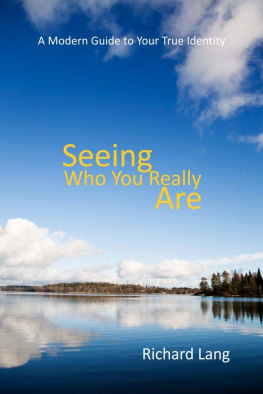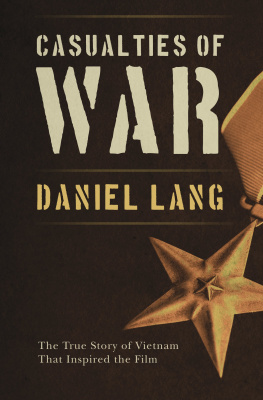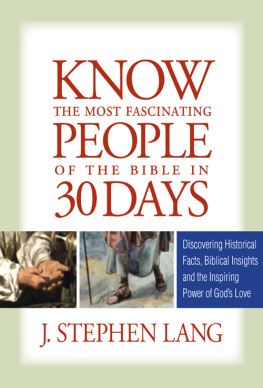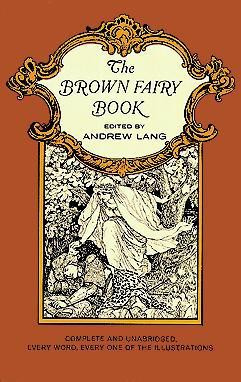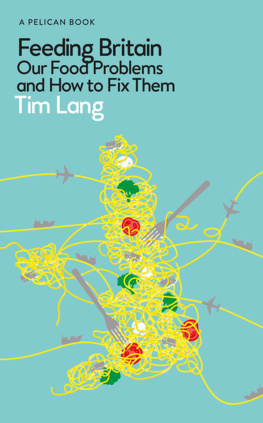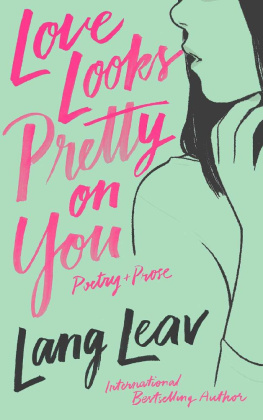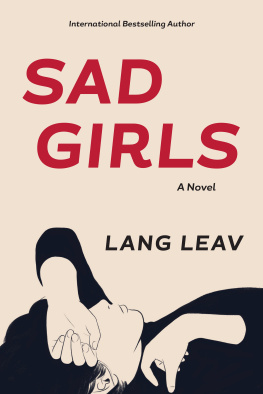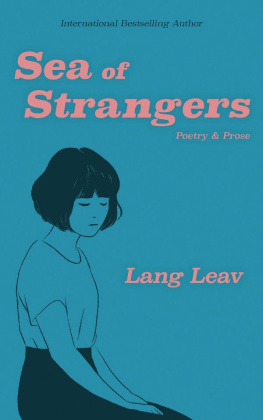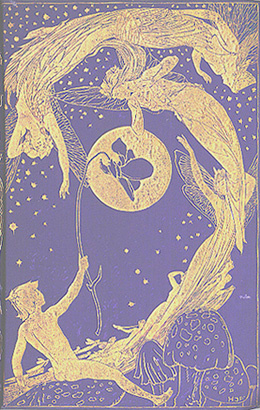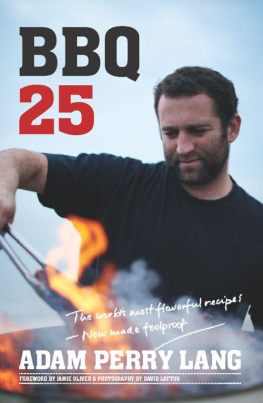Richard Lang - Seeing Who You Really Are
Here you can read online Richard Lang - Seeing Who You Really Are full text of the book (entire story) in english for free. Download pdf and epub, get meaning, cover and reviews about this ebook. year: 2012, genre: Religion. Description of the work, (preface) as well as reviews are available. Best literature library LitArk.com created for fans of good reading and offers a wide selection of genres:
Romance novel
Science fiction
Adventure
Detective
Science
History
Home and family
Prose
Art
Politics
Computer
Non-fiction
Religion
Business
Children
Humor
Choose a favorite category and find really read worthwhile books. Enjoy immersion in the world of imagination, feel the emotions of the characters or learn something new for yourself, make an fascinating discovery.
- Book:Seeing Who You Really Are
- Author:
- Genre:
- Year:2012
- Rating:5 / 5
- Favourites:Add to favourites
- Your mark:
- 100
- 1
- 2
- 3
- 4
- 5
Seeing Who You Really Are: summary, description and annotation
We offer to read an annotation, description, summary or preface (depends on what the author of the book "Seeing Who You Really Are" wrote himself). If you haven't found the necessary information about the book — write in the comments, we will try to find it.
Seeing Who You Really Are — read online for free the complete book (whole text) full work
Below is the text of the book, divided by pages. System saving the place of the last page read, allows you to conveniently read the book "Seeing Who You Really Are" online for free, without having to search again every time where you left off. Put a bookmark, and you can go to the page where you finished reading at any time.
Font size:
Interval:
Bookmark:

Richard Lang first saw who he really was in 1970, in a workshop with Douglas Harding, author of On Having No Head . Since then he has continued exploring and sharing this direct way of awakening, leading hundreds of workshops around the world. Richard is co-ordinator of The Shollond Trust, a UK charity founded to share the philosophy and practical awareness exercises the experiments - of Douglas Harding. Richards aim is to share the experience and meaning of who we really are as widely as possible.
Seeing
who you really
are

A Modern Guide to Your True Identity
Richard Lang
including extracts from the writings of
Douglas Harding
Published by The Shollond Trust,
87B Cazenove Road,
London N16 6BB.
headexchange@gn.apc.org
www.headless.org
The Shollond Trust is a UK charity reg. no 1059551
Copyright Richard Lang 2012
First published in 2003 by Watkins Publishing
Cover and book design by Sam Blight, rangsgraphics.com
ISBN 978-0-9554512-7-0
My thanks to Danielle Bol de Greve for typing the text.
Colin Olivers poems are from Stepping into Brilliant Air .

For David
ACKNOWLEDGEMENTS
My thanks to Douglas Harding: for tirelessly working to share this precious vision; for his articles and the interviews I conducted with him; and for the many quotations from various spiritual traditions.
I am also grateful to Bryan Nuttall for his illustrations; to the friends whose articles, emails and poetry I have included; and to Ren for inviting me, years ago now, to give an online course from which this book grew.
CONTENTS
FOREWORD
I first met Richard Lang in 1970 at a Buddhist summer school in Hertfordshire. He saw immediately the truth of the Insight I sought to share with everyone there. Richard was then seventeen years old, on the point of leaving school and going up to Cambridge to read history - an ideal time to see into ones essential Nature (I, alas, left it till I was thirty-three). What a kick-start to ones adulthood!
Richard is now fifty. I have stayed in touch with him ever since that summer school, and I can testify that all the while I have known him he has devoted his time and energies to the twofold purpose of practising the vision of his true and divine Nature until it becomes effortless and virtually automatic and sharing that vision with all who show interest.
The sharing of this vision, for Richard as for me, is by no means an intellectual or conceptual ploy, but on the contrary is a perceptual or sensory experience. That is why his endeavour to share his vision with all and sundry takes the form of experiments or exercises in actually seeing what one sees, instead of what one fancies one sees or is told one sees. And that is why, in this book, he insists that you, his reader, actually do the experiments he describes and not just read about them, which is no good at all. Like me, Richard believes that one fine day an influential though not necessarily large section of the population will recognize that this vision of our divine Nature is the mark of true maturity, and the only hope for the suffering world.
Whats more, we are both sure that every human who says: I AM this or that or whatever - which, as Meister Eckhart points out, only God can really, really say - is a unique and quite indispensable aspect of His infinite variety.
Shankara, the great Hindu sage and philosopher, tells us, This being-the-Self-of-all is the highest state of consciousness of the Self, His supreme natural state. But when, before this, one feels oneself to be other than the Self of all, even by a hairs breadth, that state is delusion.
D.E. Harding
February 2003
PREFACE
In the winter of 1998 I found a website where you could teach free courses on spirituality over the internet. The website would advertise the course and anyone visiting could sign up. Running a course involved sending out emails to the enrolled students, who could then respond either to the teacher or to anyone present in the chat room (set up for the occasion).
I decided on nine lessons, sending out one a day, and called the course Seeing Who You Really Are . With nearly thirty years experience of Seeing I felt confident enough to leave the writing until the course began. I wanted to write for a live audience, to feel my way as I went along, adapting my teaching as I received feedback from participants. If people werent getting the point of who they really were, or were finding problems with it, then I could address these issues as the course developed.
The first time I taught this course about five hundred people signed up. The second time, eighteen months later, nine hundred enrolled.
Writing a lesson each day for nine days was demanding (I was also working during this time). I remember finishing the fourth lesson, emailing it out late at night, and then realizing I needed to start writing the next one if I was going to have it ready in time. But at this point, with only four lessons completed and five more to go, I didnt know what to write. I visited the chat room and exchanged ideas with friends there who were following the course, but didnt come away with anything I could use. Just wishes of good luck (and the feeling, Rather, you, Richard, than me!). I took a bath (it was well after midnight by then) and as I soaked in the hot water I was feeling concerned. Five hundred people waiting for the next lesson and Id no idea what to write
As I lay in the bath I finally accepted I didnt know what to do. I let go and relaxed back into who I really was - this wise emptiness, this mysterious yet audible silence. I realised it was now up to my deepest self, this fertile blankness, to produce something - and soon. This course was now in its hands. Until that moment I had been resisting letting go, trying to figure things out by myself. Now it was clear I couldnt manage on my own. There was no alternative but to surrender to the One within me. This, after all, is what Seeing is about - awakening to ones deepest being and surrendering to its guidance.
For a while my mind was blank, but then an idea came to me - write about resistance and surrender. So thats what I did. From first-hand experience! From then on I found that each day I had enough ideas for that days lesson. The One had yet again come up with what was needed.
The eight chapters in Part I, A Course in Seeing, are developed versions of those nine lessons, with the last two merged into one. I have included feedback from participants (some of whose names I have lost) and articles by Douglas Harding, pioneer of this way of Seeing. These articles were part of the original classes, as was much of the feedback from participants.
Part II - articles, email correspondence from Seeing friends, and interviews - shows how easy it is to See. It is an encouraging fact that there are now growing numbers of people awakening to who they really are. I hope this book helps this awakening spread even more widely. Perhaps in the not-too-distant future it will be normal to be conscious of ones true nature. I hope so. Overlooking who we really are leads to confrontation and suffering.
This book invites you to see who you really are. Through its practical awareness exercises the experiments - it shows you how. If through reading this book (and doing the experiments) you awaken to who you really are and I believe you will, for there is nothing simpler than seeing your true self - then this Vision will have taken another step towards being accepted as natural and normal in society. And once you are seeing who you really are, you are qualified to share this awareness with others. I hope you do.
Next pageFont size:
Interval:
Bookmark:
Similar books «Seeing Who You Really Are»
Look at similar books to Seeing Who You Really Are. We have selected literature similar in name and meaning in the hope of providing readers with more options to find new, interesting, not yet read works.
Discussion, reviews of the book Seeing Who You Really Are and just readers' own opinions. Leave your comments, write what you think about the work, its meaning or the main characters. Specify what exactly you liked and what you didn't like, and why you think so.

